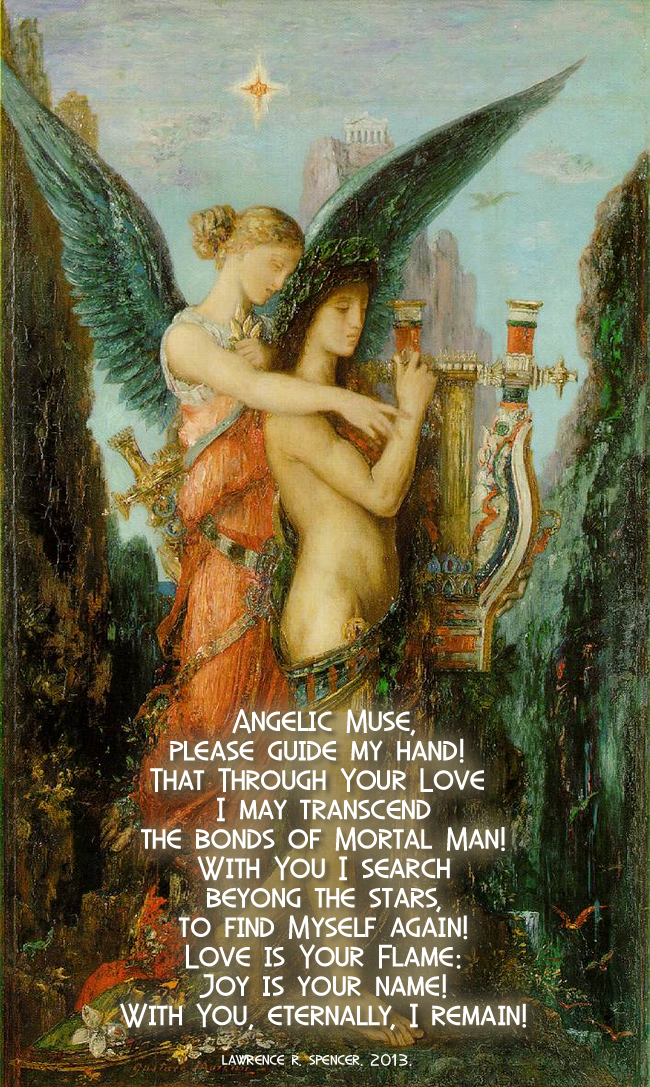Republished by Blog Post Promoter

The Muses (Ancient Greek: Μοῦσαι, moũsai: perhaps from the o-grade of the Proto-Indo-European root *men- “think”) in Greek mythology, poetry, and literature, are the goddesses of the inspiration of literature, science and the arts. They were considered the source of the knowledge, related orally for centuries in the ancient culture that was contained in poetic lyrics and myths.
Greek mousa is a common noun as well as a type of goddess: it literally means “art” or “poetry”. In Pindar, to “carry a mousa” is “to excel in the arts”. The word probably derives from the Indo-European root men-, which is also the source of Greek Mnemosyne, English “mind”, “mental” and “memory” and Sanskrit “mantra”.
The Muses, therefore, were both the embodiments and sponsors of performed metrical speech: mousike (whence the English term “music”) was just “one of the arts of the Muses”. Others included Science, Geography, Mathematics, Philosophy, and especially Art, Drama, and inspiration.
( PHOTO: Ancient Greek vase showing a Muse reading a scroll, (Attic red-figure lekythos, Boeotia c. 435–425 BC) —>
Some authors invoke Muses when writing poetry, hymns, or epic history. The invocation typically occurs at or near the beginning, and calls for help or inspiration, or simply invites the Muse to sing through the author. Some prose authors also call on the aid of Muses, who are called as the true speaker for whom an author is merely a mouthpiece.
Shakespeare’s Sonnet 38 invokes the Tenth Muse:
“How can my Muse want subject to invent,
While thou dost breathe, that pour’st into my verse
Thine own sweet argument?”
“No Muse-poet grows conscious of the Muse except by experience of a woman in whom the Goddess is to some degree resident; just as no Apollonian poet can perform his proper function unless he lives under a monarchy or a quasi-monarchy. A Muse-poet falls in love, absolutely, and his true love is for him the embodiment of the Muse… But the real, perpetually obsessed Muse-poet distinguishes between the Goddess as manifest in the supreme power, glory, wisdom, and love of woman, and the individual woman whom the Goddess may make her instrument… The Goddess abides.”(comment by the British poet Robert Graves)




